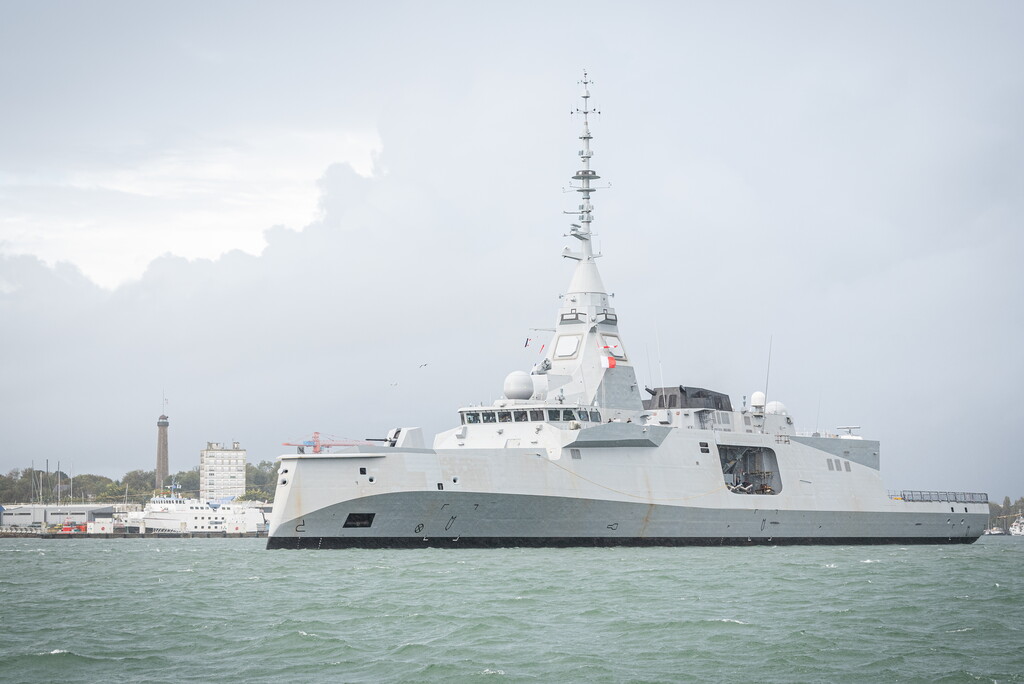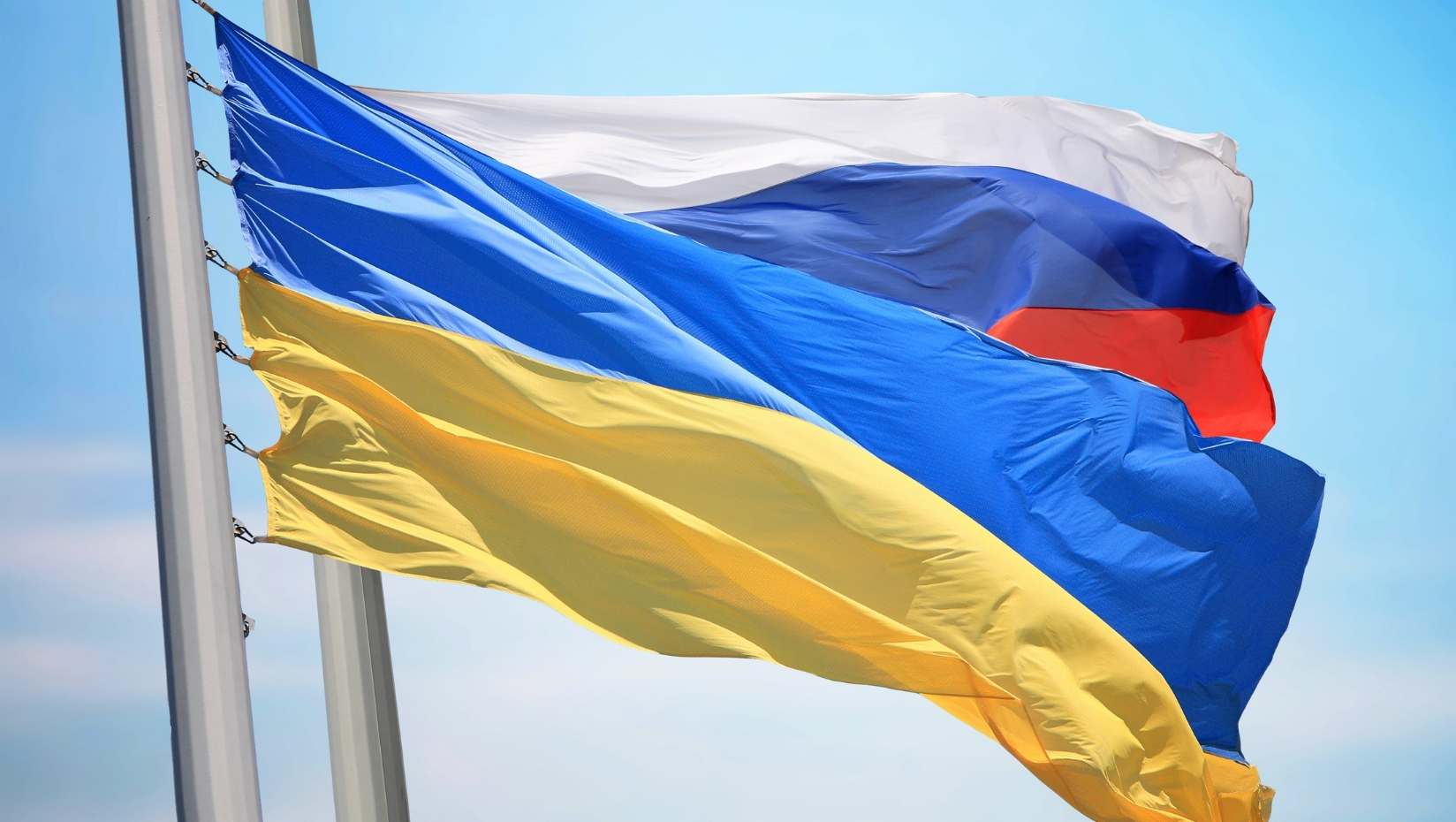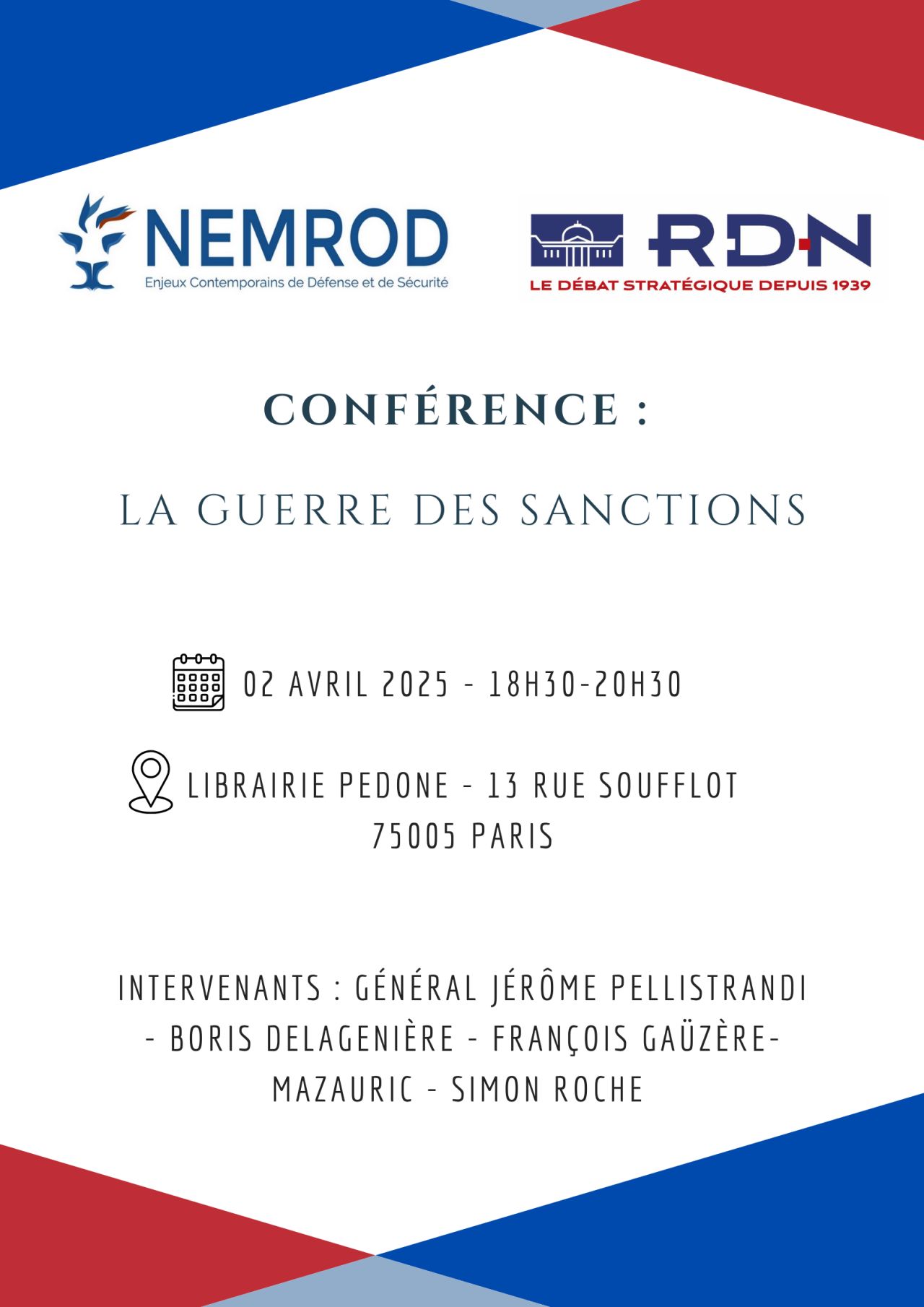Franco-British defence relations are long-standing and sound, and merit reinforcing for the longer term in view of the degree to which the two countries hold common strategic interests. Military cooperation has not ceased growing since the Entente cordiale, and indeed has been strengthened by the storms that we have had to, and will continue to ride out together.
Points of View on Franco-British Defence Relations
This month marks the ten-year anniversary of the Lancaster House Treaties, signed in London by Prime Minister David Cameron and President Nicolas Sarkozy. The Treaties ensured mutual military cooperation between the UK and France. To mark the occasion, we interviewed British Ambassador to France, Lord Llewellyn, and the French Ambassador to the UK, Catherine Colonna, to get their views on the past decade of Franco-British defence relations – and how the Treaties continue to influence their countries’ future.
1. How would you describe the state of the Franco-British defence relationship,
ten years on from the Lancaster House Treaties?
EL - The Franco-British Defence relationship is close and strong and is based on good, solid foundations. The Lancaster House Treaties set specific goals, many of which have already been achieved. The Combined Joint Expeditionary Force (CJEF) is one such example. It draws upon both British and French Armed Forces to provide a deployable force able to operate on land, in the air and at sea. The way its command and control, and the supporting logistics, work is a defining and symbolic example of the Franco-British relationship. There has been some ambitious work over the past decade, and there are a number of interesting areas for the future, such as space and cyber security. The Lancaster House Treaties provide an excellent framework for this kind of collaboration.
Il reste 94 % de l'article à lire







